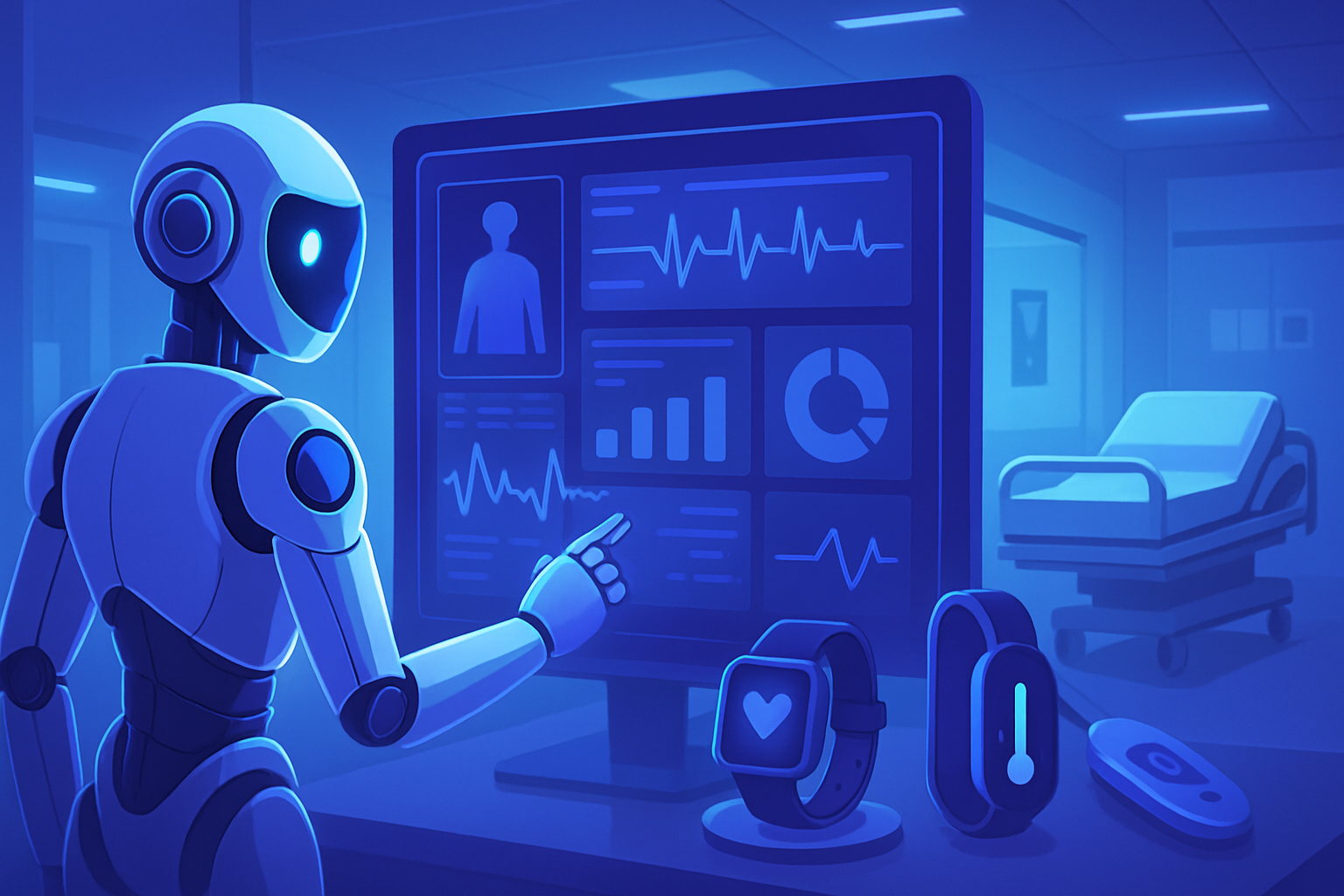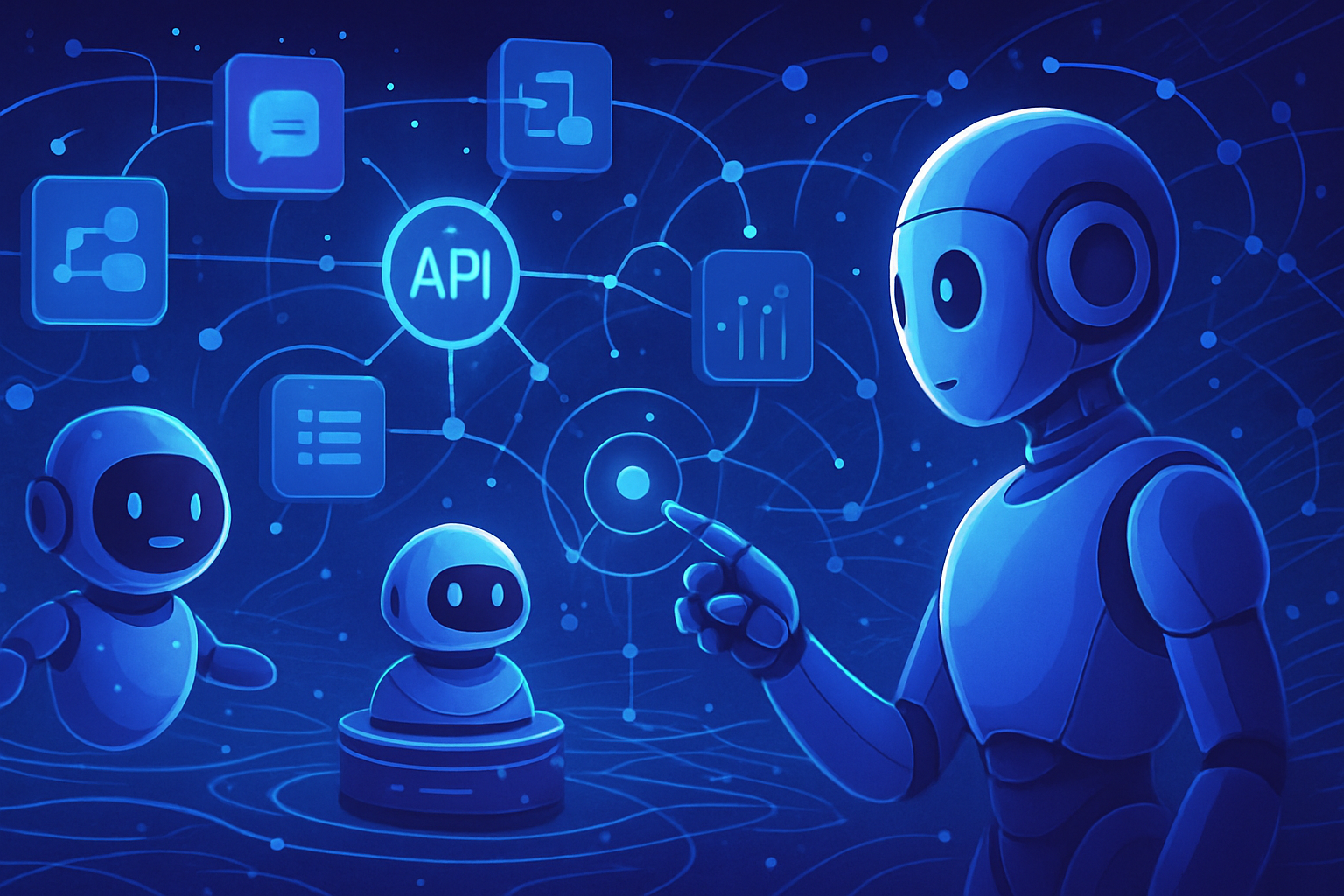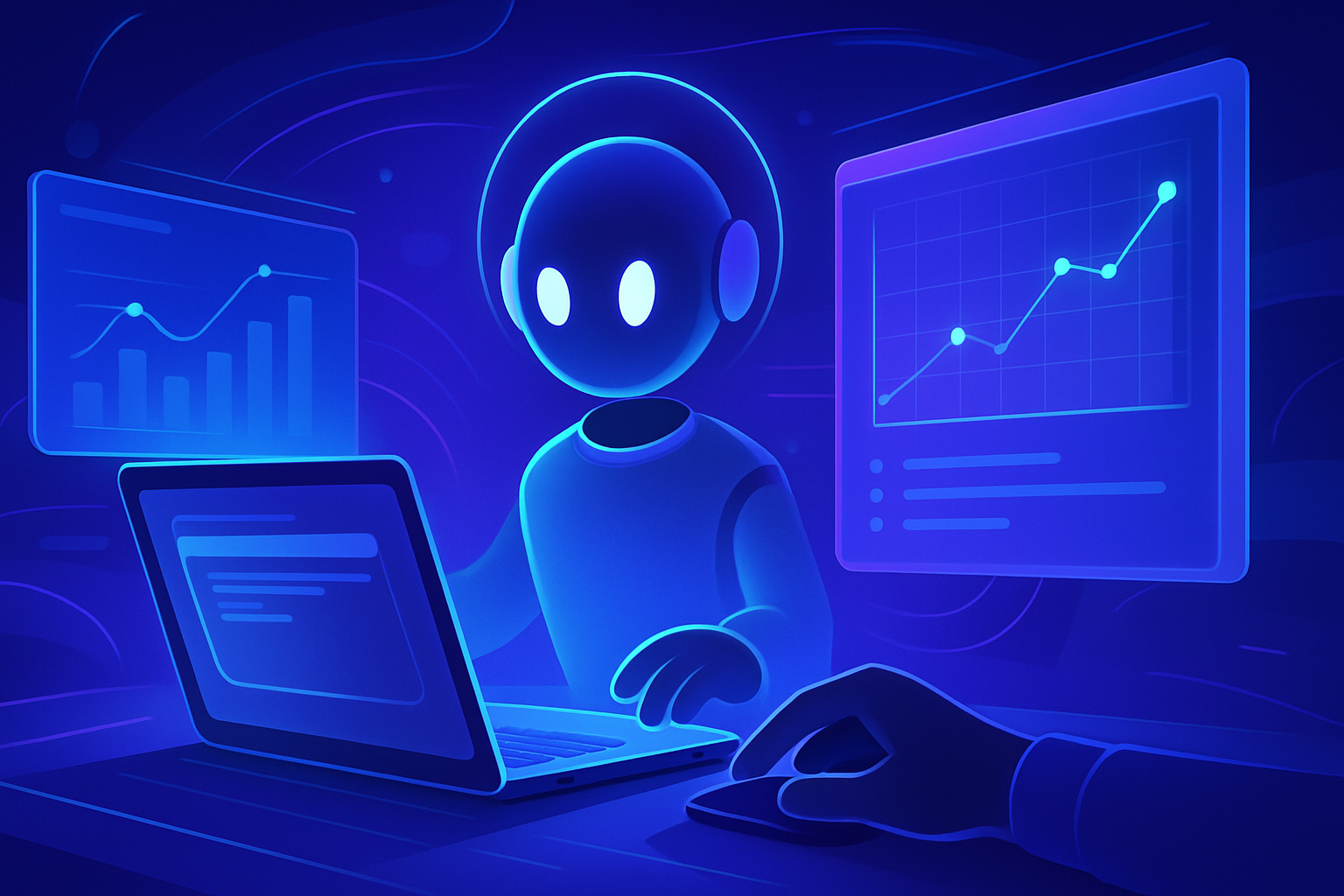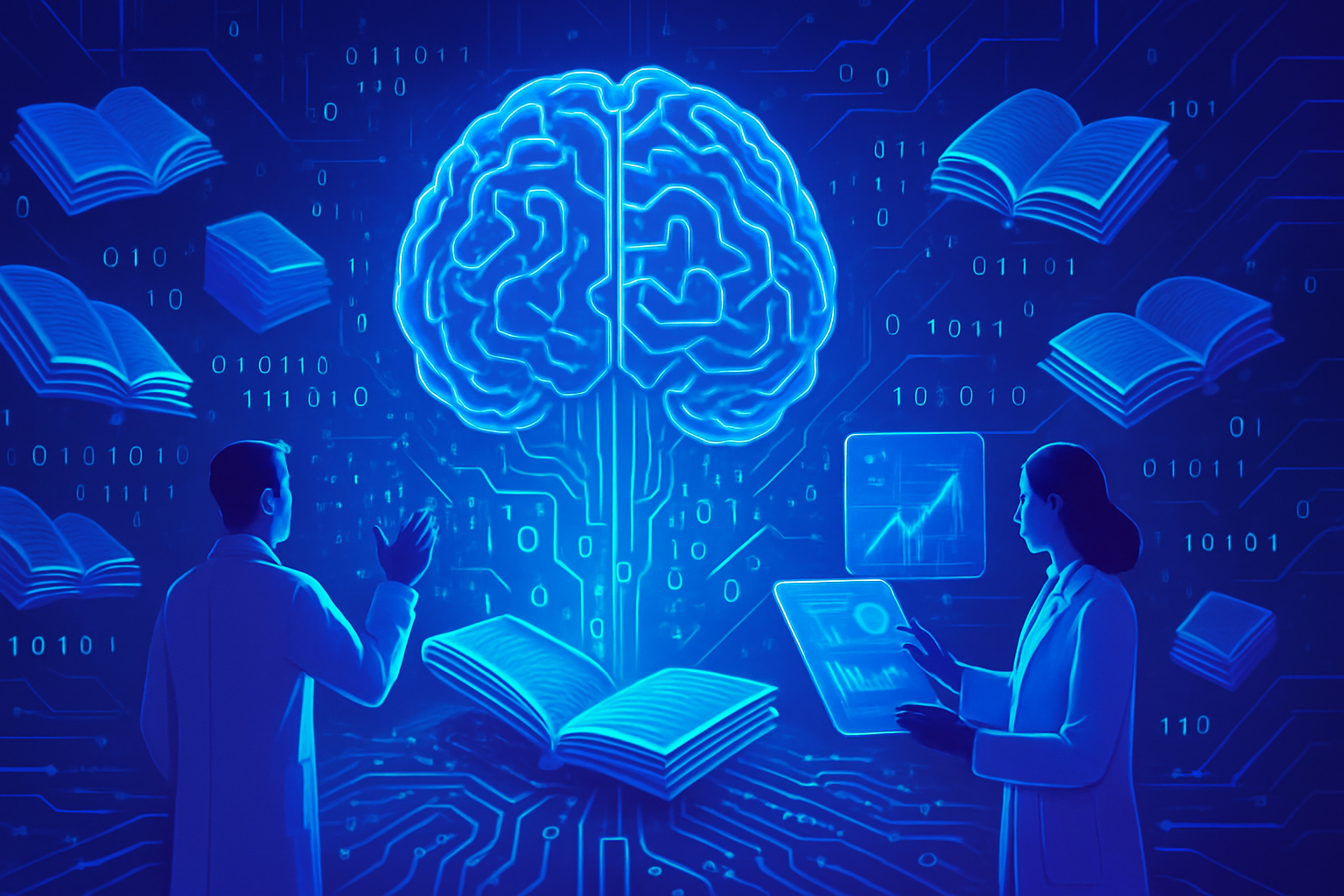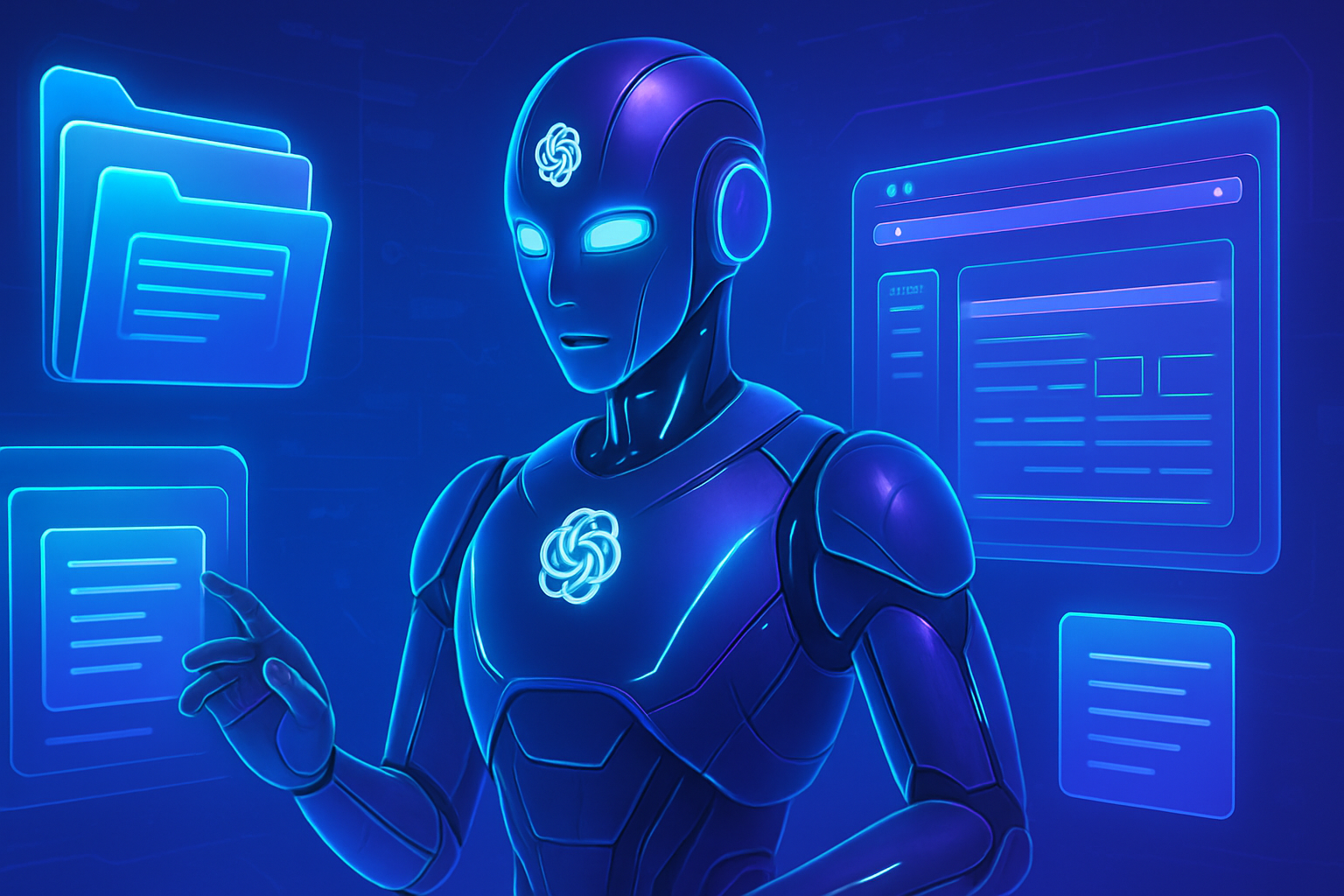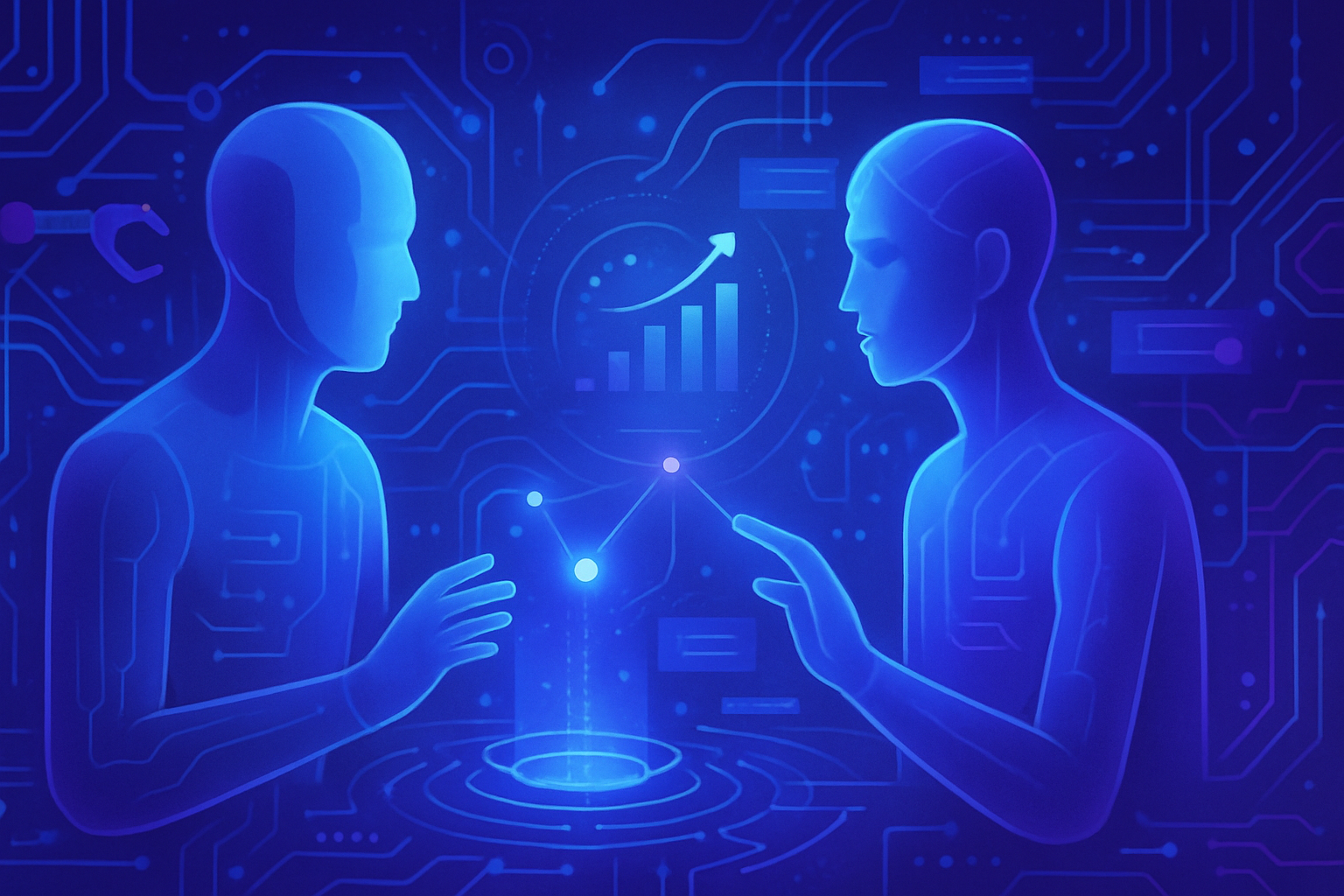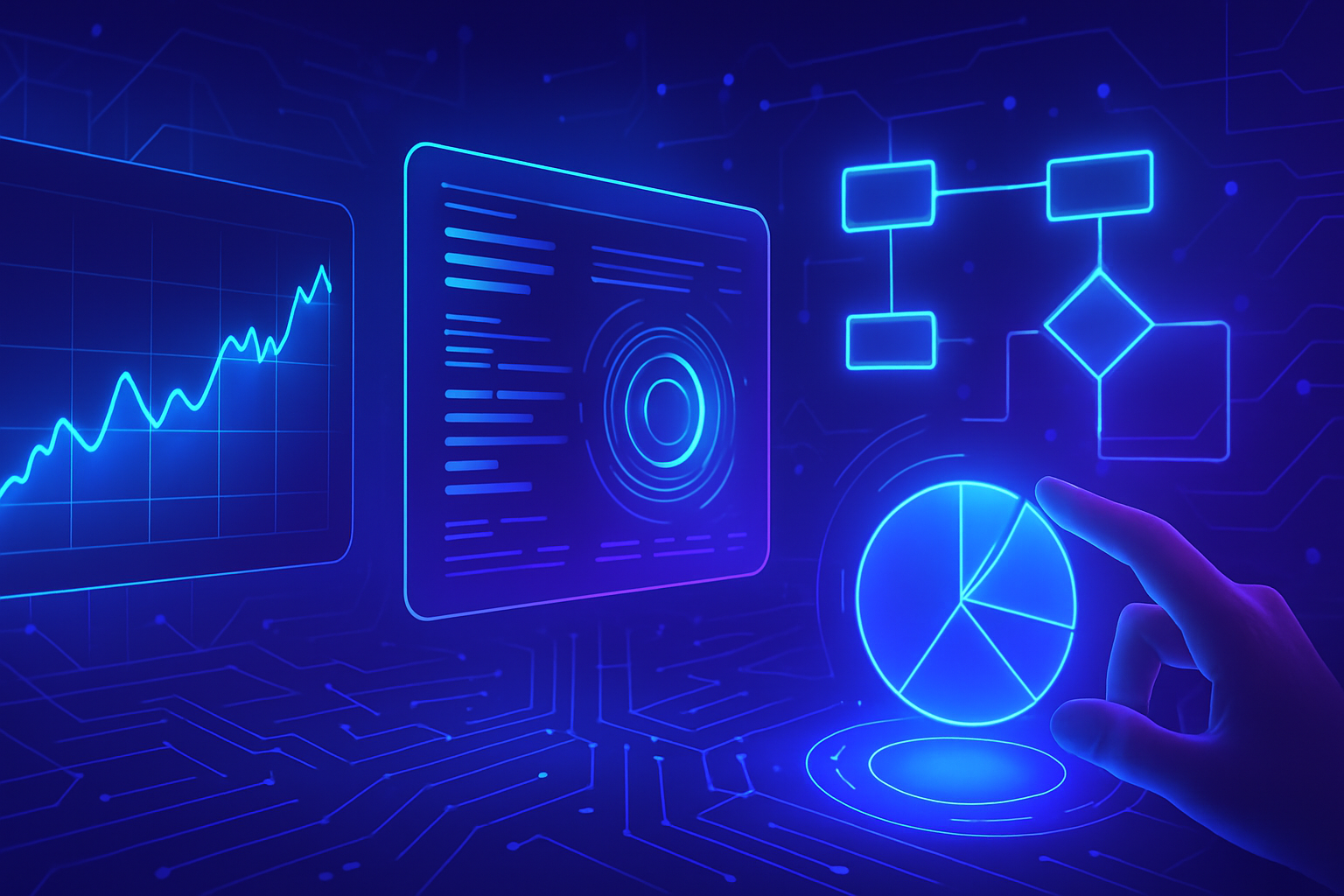Revolutionizing the medical sector requires a deep understanding of the capabilities of *artificial intelligence*. Despite remarkable advancements, the potential for integration *remains hindered*. Regulatory and ethical challenges introduce disruptive complexities. The need for proactive adoption of *intelligent algorithms* is more urgent than ever.
AI-based technologies are already shaping innovations to unveil previously elusive diagnostics. Solving complex issues presents an invaluable promise for the future of medicine. However, many obstacles hinder this evolution. Stakeholders in the sector must collaborate to overcome these barriers and establish an adequate framework for exploring *AI-assisted applications*.
Artificial intelligence and its impact on the healthcare sector
The rapid rise of artificial intelligence (AI) in the medical field has sparked intense reactions due to the speed of its development. Despite advanced applications and undeniable benefits, barriers remain in the incorporation of these technologies. Growing concerns about the traditional relationship between doctors and patients emerge, fueled by an excessive reliance on technical solutions.
The transformative capabilities of AI
AI systems have demonstrated remarkable capabilities in producing medical content and optimizing management processes. These tools allow for reduced waiting times while improving the efficiency of diagnoses. Initiatives like AlphaFold2, which has solved the protein folding problem, highlight AI’s potential to transform healthcare approaches.
The challenges of adopting AI in healthcare
The implementation of AI in the medical sector is hindered by inherent complexity and fragmented regulations. These barriers often deter policy makers from fully engaging in this field. The World Economic Forum emphasizes the need to accelerate AI adoption to meet the strong demand for innovations and new IT solutions.
Diagnostic applications and research
Clinical applications of AI continue to evolve, exemplified by programs like MYCIN, designed five decades ago to assist doctors with bacterial infections. Today, solutions such as AI image analysis are revolutionizing diagnostics, particularly in oncology and cardiology, enabling faster and more accurate interpretations of medical data.
Recent research points to a surge in the publication of scientific works on AI. Countries like China and the United States stand out with intensive research activity, significantly increasing the number of publications on the subject. This momentum underscores the growing importance of AI in medical research.
Epidemiological surveillance and public health
AI tools have become indispensable in the epidemiological surveillance of vector-borne diseases. They facilitate the analysis of temperature and precipitation, allowing for a better understanding of the interactions between climates, ecosystems, and parasitic diseases. The implementation of a “One Health” approach requires global data exchange to effectively combat these public health issues.
Necessary collaboration and regulation
The effectiveness of AI in the healthcare sector is contingent on close collaboration between governments, the public and private sectors, and researchers. Strengthened regulation is essential to prevent biases in the training of AI systems. Pilot project experiences, such as those illustrated on recent platforms, show that community interaction and AI go hand in hand to create more inclusive and effective environments.
Tensions between prominent tech figures, such as Sam Altman and Mark Zuckerberg, reveal complex dynamics around AI. This underscores the inherent challenges of regulation and competition within this emerging sector.
To enhance the integration of AI into medical processes, particular attention must be paid to regulation, ensuring appropriate and ethical adoption. A coordinated approach can capitalize on technological advancements while maintaining the integrity of medical practices and respecting the doctor-patient relationship.
Frequently asked questions about artificial intelligence in healthcare
What are the main applications of artificial intelligence in the healthcare field?
The main applications of artificial intelligence in healthcare include AI-assisted diagnosis, analysis of medical data, patient care management, and drug discovery.
Why is the adoption of artificial intelligence in healthcare progressing slowly?
The adoption of AI in healthcare is hindered by challenges such as the complexity of the technologies, fragmented regulations, and resistance to changing traditional care methods.
What role does AI play in managing health data?
Artificial intelligence facilitates health data management by enabling the analysis of large datasets, improving diagnostic accuracy, and providing faster and more reliable predictions on health outcomes.
How can AI improve the diagnosis of diseases?
AI improves diagnosis by using machine learning algorithms to analyze medical images, identify anomalies, and support clinical decisions by providing recommendations based on historical data.
What risks are associated with the use of AI in healthcare?
Risks include biases in algorithms, excessive dependence on technology, and concerns related to patient data security, all of which must be managed carefully.
What measures are being taken to regulate the use of AI in healthcare?
Regulatory bodies and health institutions are establishing protocols to ensure patient safety, algorithm transparency, and the effectiveness of AI applications in the medical field.
How do healthcare professionals perceive the integration of AI into their practice?
Healthcare professionals are generally divided on the integration of AI, recognizing that it can enhance care efficiency while expressing concerns about the potential replacement of human interaction in the medical context.
Can artificial intelligence solve waiting problems in healthcare facilities?
Yes, AI can potentially reduce waiting times by optimizing scheduling and workflows, but a balance must be found to maintain care quality and humanity in service.
What obstacles exist to collaboration between the public and private sectors in health AI?
Obstacles include differing priorities, concerns regarding data ownership, and challenges related to interoperability of systems among the various entities involved.
How does AI contribute to health research?
It contributes by selecting and analyzing complex data, identifying new treatment patterns, and facilitating drug discovery more effectively than traditional methods.
